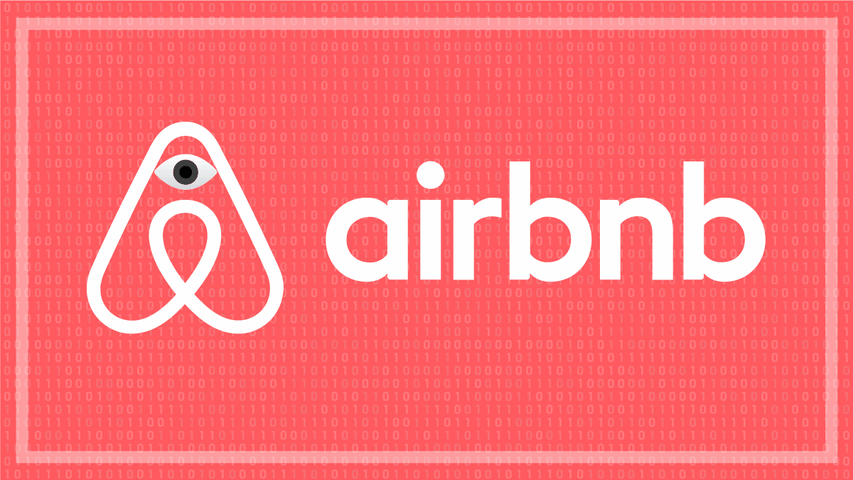Incident 93: Le HUD accuse Facebook de favoriser la discrimination en matière de logement
Outils
Entités
Voir toutes les entitésClassifications de taxonomie CSETv1
Détails de la taxonomieIncident Number
93
Notes (special interest intangible harm)
HUD alleged that Facebook restricted who saw ads based on users' age, gender, zip code, religion, citizenship, and more.
Special Interest Intangible Harm
yes
Date of Incident Year
2019
Date of Incident Month
03
Estimated Date
No
Classifications de taxonomie CSETv0
Détails de la taxonomieProblem Nature
Specification
Physical System
Software only
Level of Autonomy
Medium
Nature of End User
Amateur
Public Sector Deployment
No
Data Inputs
user Facebook activity, user social network data
Risk Subdomain
1.1. Unfair discrimination and misrepresentation
Risk Domain
- Discrimination and Toxicity
Entity
AI
Timing
Post-deployment
Intent
Unintentional
Rapports d'incidents
Chronologie du rapport

Le ministère du Logement et du Développement urbain (HUD) a accusé jeudi Facebook d'encourager et de permettre la discrimination en matière de logement par le biais de ses pratiques publicitaires ciblées.
HUD accuse Facebook d'avoir enfrein…

Le gouvernement fédéral poursuit Facebook pour des allégations de discrimination en matière de logement sur la plateforme publicitaire du réseau social.
Le département américain du logement et du développement urbain a annoncé jeudi qu'il a…

La semaine dernière, j'ai regardé un webinaire (coût supplémentaire) disponible sur le centre de formation en ligne de la NAFCU intitulé [Red Flags for Fair Lending](https://onlinetrainingcenter.nafcu.org/KD/training_menu.cfm?pg=tm_module.c…

Le ministère de la Justice a annoncé aujourd'hui qu'il avait obtenu un accord de règlement résolvant les allégations selon lesquelles Meta Platforms Inc., anciennement connue sous le nom de Facebook Inc., s'est livrée à des publicités discr…






